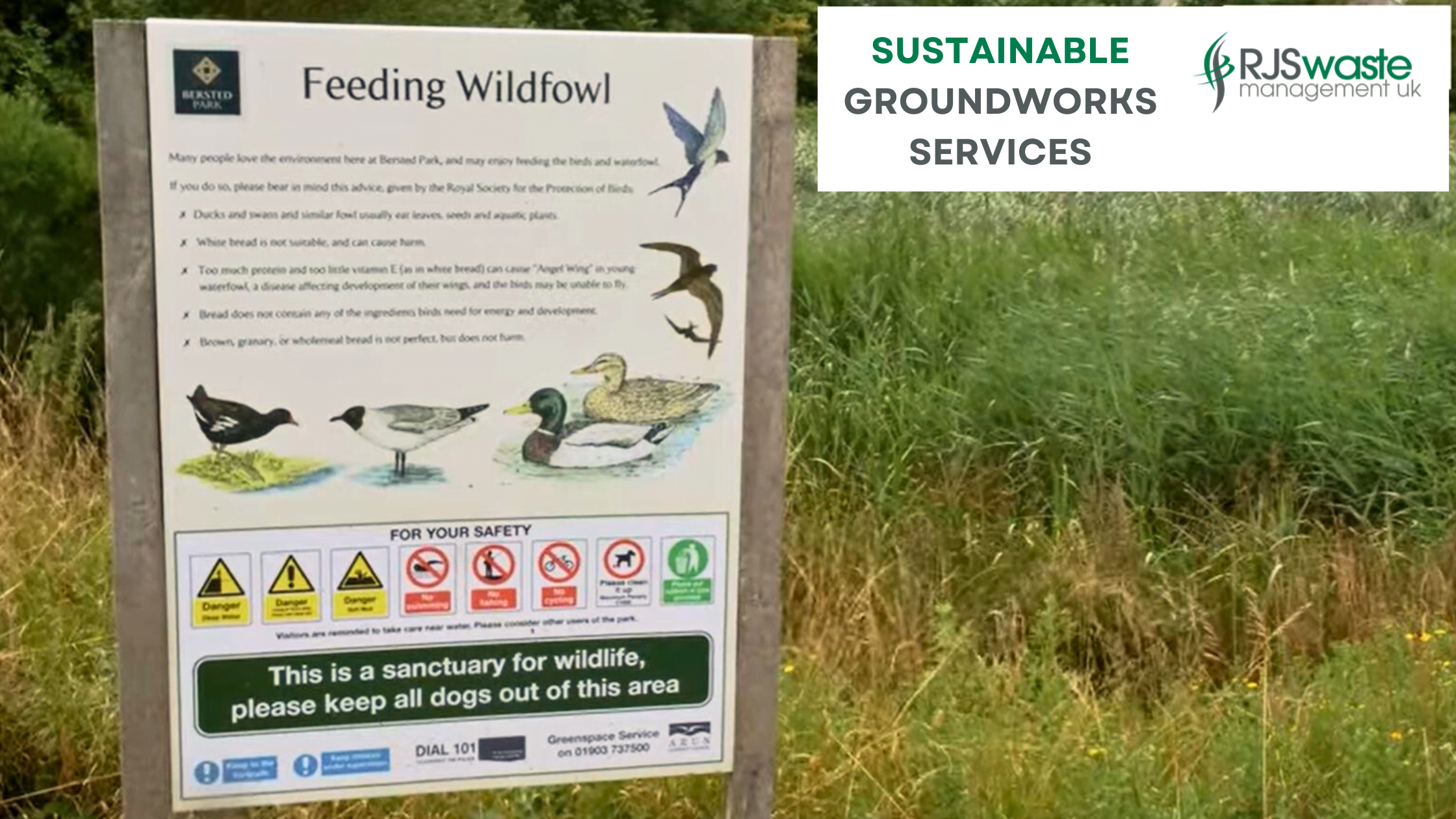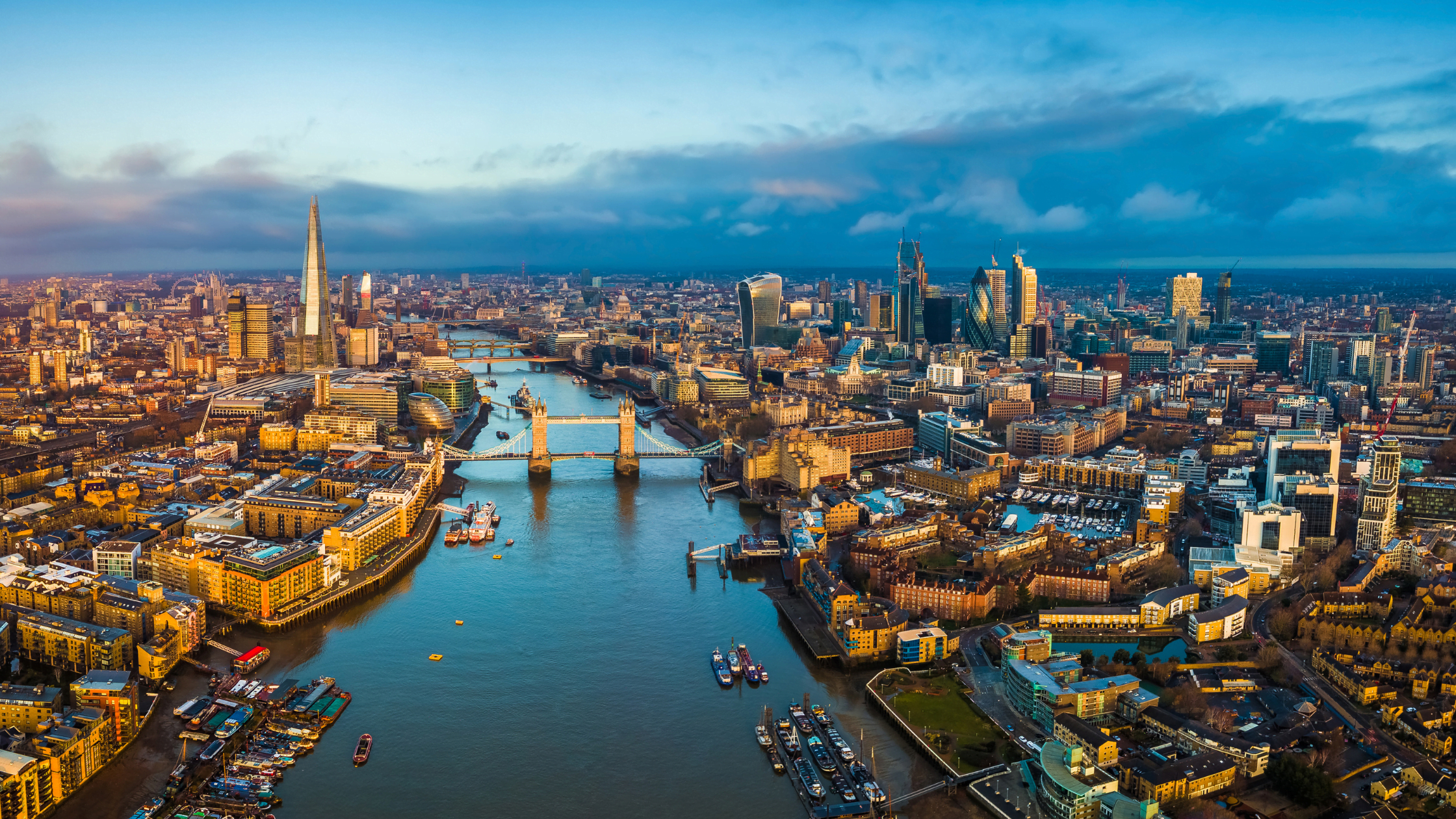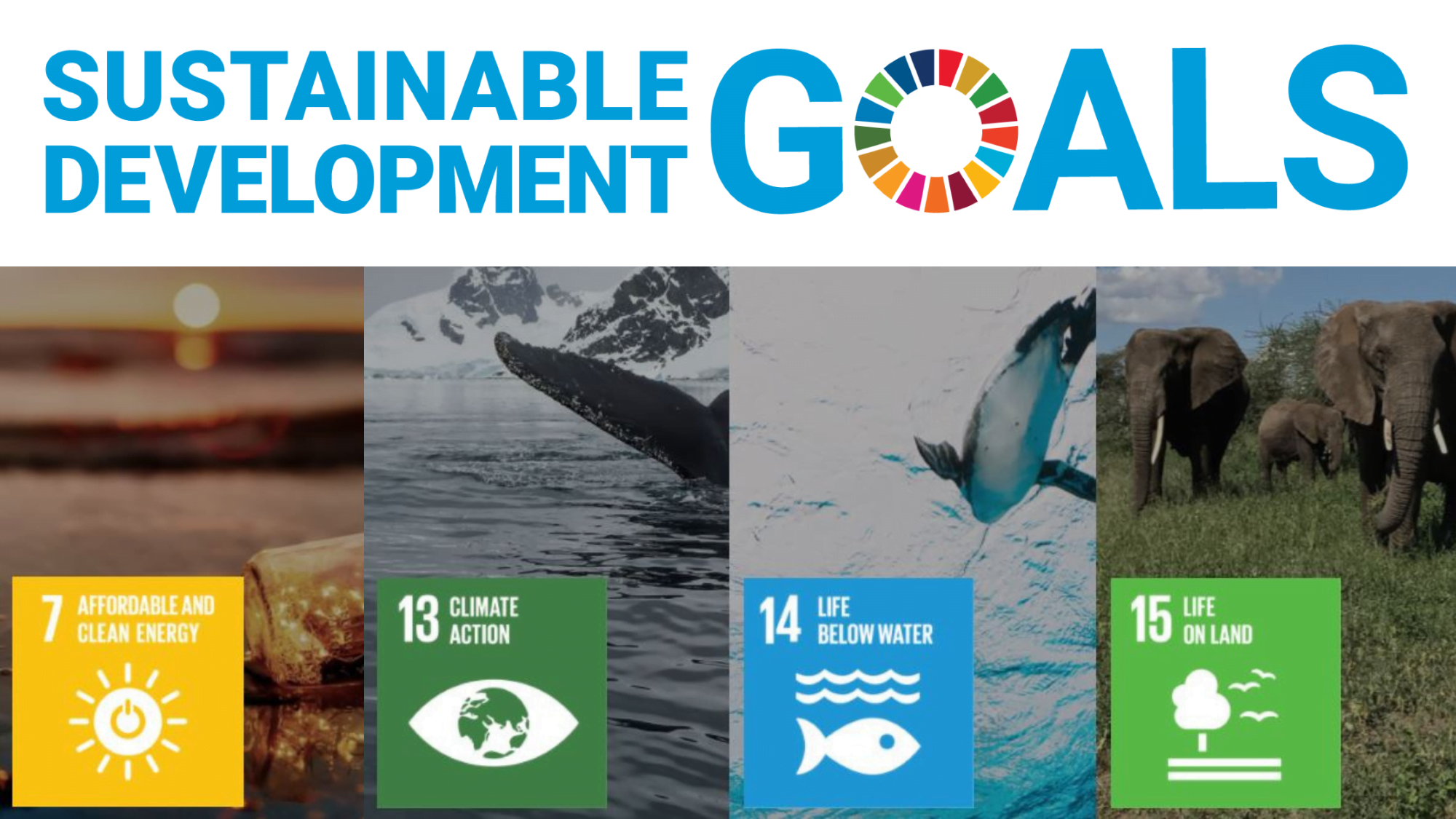
The RJS Waste Management team has been working on making the company more sustainable in line with the Sustainable Development Goals (SDGs). There are four SDGs that relate directly to our company’s activities – across the Chichester, Oxford and London offices – that we’re looking to achieve. Much work on their objectives and targets has already started but others will take time. Regardless, we can now say we’re green – in more ways than one!
What are the Sustainable Development Goals?
In 2015, United Nations Member States embraced the 2030 Agenda for Sustainable Development – a plan of action for people, planet and prosperity. There are 17 Sustainable Development Goals at its core, an urgent call to action built on decades of work, which are:
- No Poverty
- Zero Hunger
- Good Health and Well-Being
- Quality Education
- Gender Equality
- Clean Water and Sanitation
- Affordable and Clean Energy
- Decent Work and Economic Growth
- Industry, Innovation and Infrastructure
- Reduce Inequalities
- Sustainable Cities and Communities
- Responsible Consumption and Production
- Climate Action
- Life Below Water
- Life on Land
- Peace, Justice and Strong Institutions
- Partnerships
According to the UN, the SDGs, “recognise that ending poverty and other deprivations must go hand-in-hand with strategies that improve health and education, reduce inequality, and spur economic growth – all while tackling climate change and working to preserve our oceans and forests. And RJS Waste Management couldn’t agree more!
Our contribution to the Sustainable Development Goals
In line with our Safety, Health, Environment & Quality Policy Statement (which will be published on the website soon) and the 2030 Agenda for Sustainable Development, our mission is:
“To deliver high quality, environmentally aware, safe and trusted services to our clients. By continued investment in our team and infrastructure, we can achieve the highest level of professionalism and customer satisfaction”.
So, we’re focusing our efforts on the Sustainable Development Goals which RJS Waste Management’s daily activities directly impact:
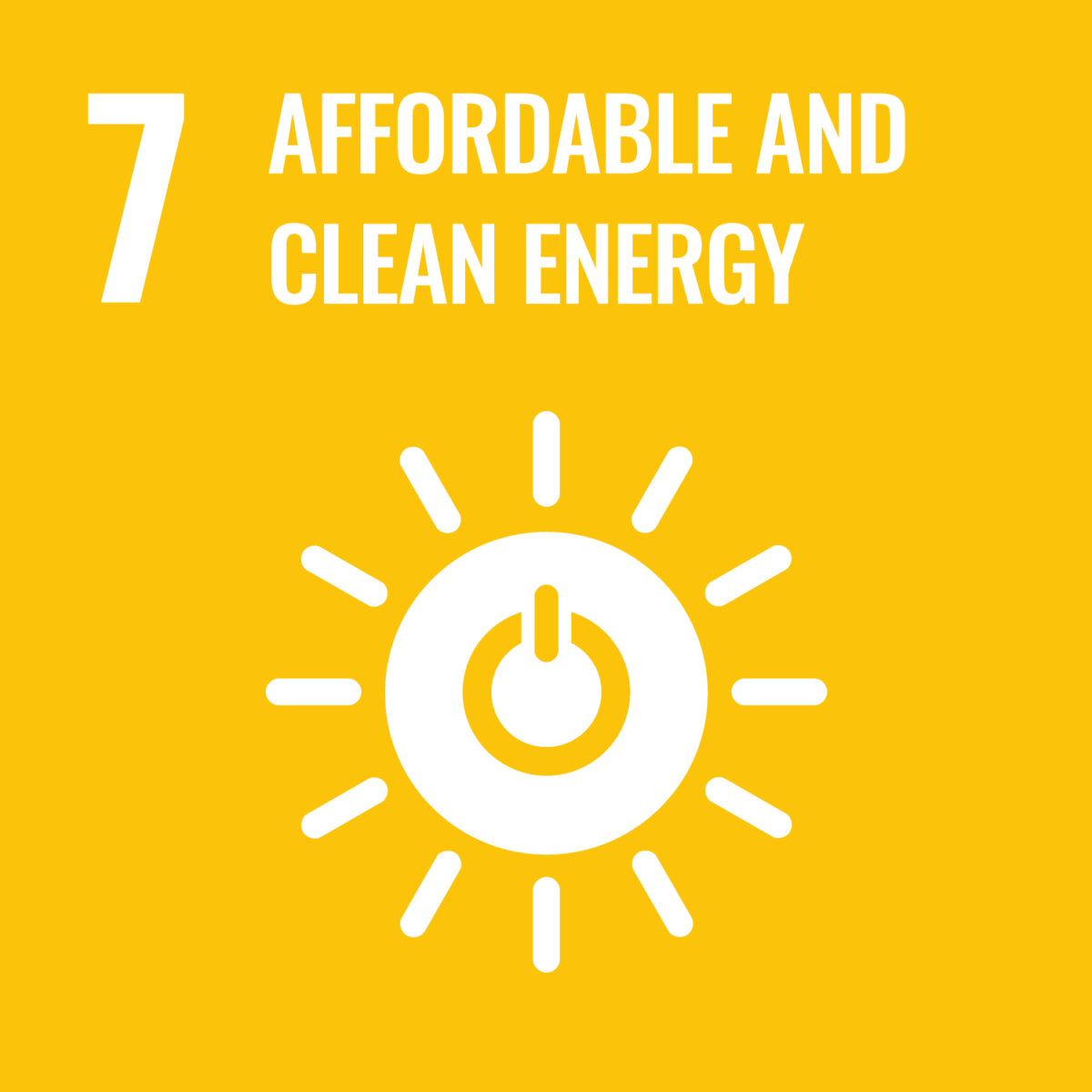
SDG 7: Affordable and Clean Energy
Ensure access to affordable, reliable, sustainable and modern energy for all. Read more here.
We aim to reduce our carbon footprint, focusing on the reduction in the use of electricity within our offices. We also aim to reduce the use of fossil fuels for business travel to decrease their carbon impact. Here are some examples of our targets:
- Reduce carbon emissions by 43% by 2030.
- Turn heating down by 1 degree and use LED lighting
- Reduce the number of servers from 2 to 1 by September 2021
- Increase the proportion of staff walking or cycling to work
- Work towards the Green Fleet Strategy target of moving 50% of the fleet over to low-carbon vehicles, whilst improving fuel efficiency for other vehicles
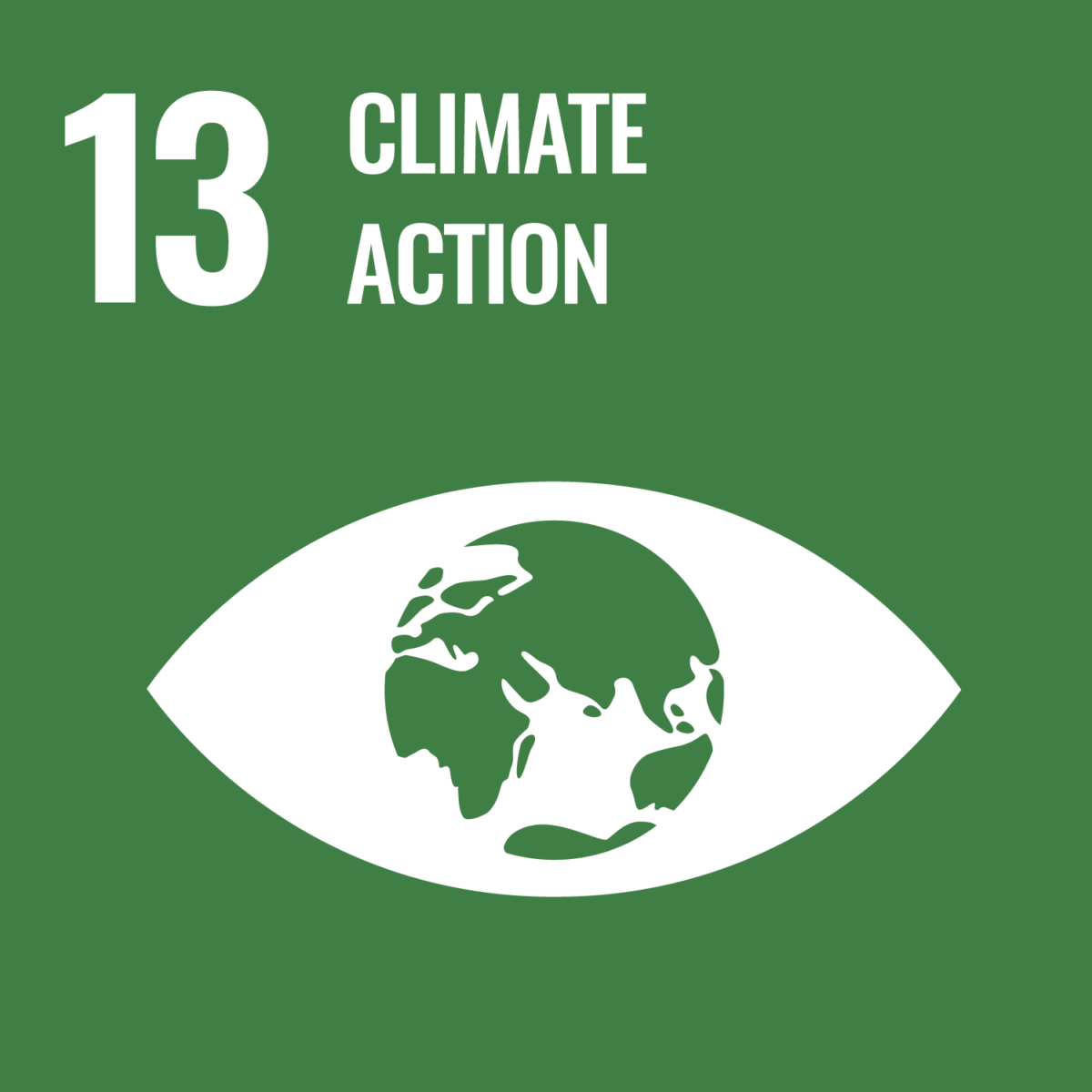
SDG 13: Climate Change
Take urgent action to combat climate change and its impacts. Read more here.
In accordance with legislation, we aim to ensure that waste will be managed in a sustainable manner following the waste hierarchy to ensure the reduction in waste sent to landfills and in the carbon emissions of landfilling. Further, we adhere to the Waste Electrical and Electronic Equipment (WEEE) directive and aim to reduce our carbon footprint that way. We will also decrease the demand for non-sustainable goods and services by reducing purchasing, using resource-efficient products and considering end of life. Here are some examples of our targets:
- Maintain a minimum office recycling rate of 60% (ongoing)
- Reduce the proportion of office waste sent to landfills to under 10%
- Maintain minimum office energy from the waste rate of 15% (ongoing)
- Continue to recycle WEEE (from our offices and clients) wherever possible
- Provide a purchasing policy and procedure for contractors and suppliers to include information for small and local suppliers
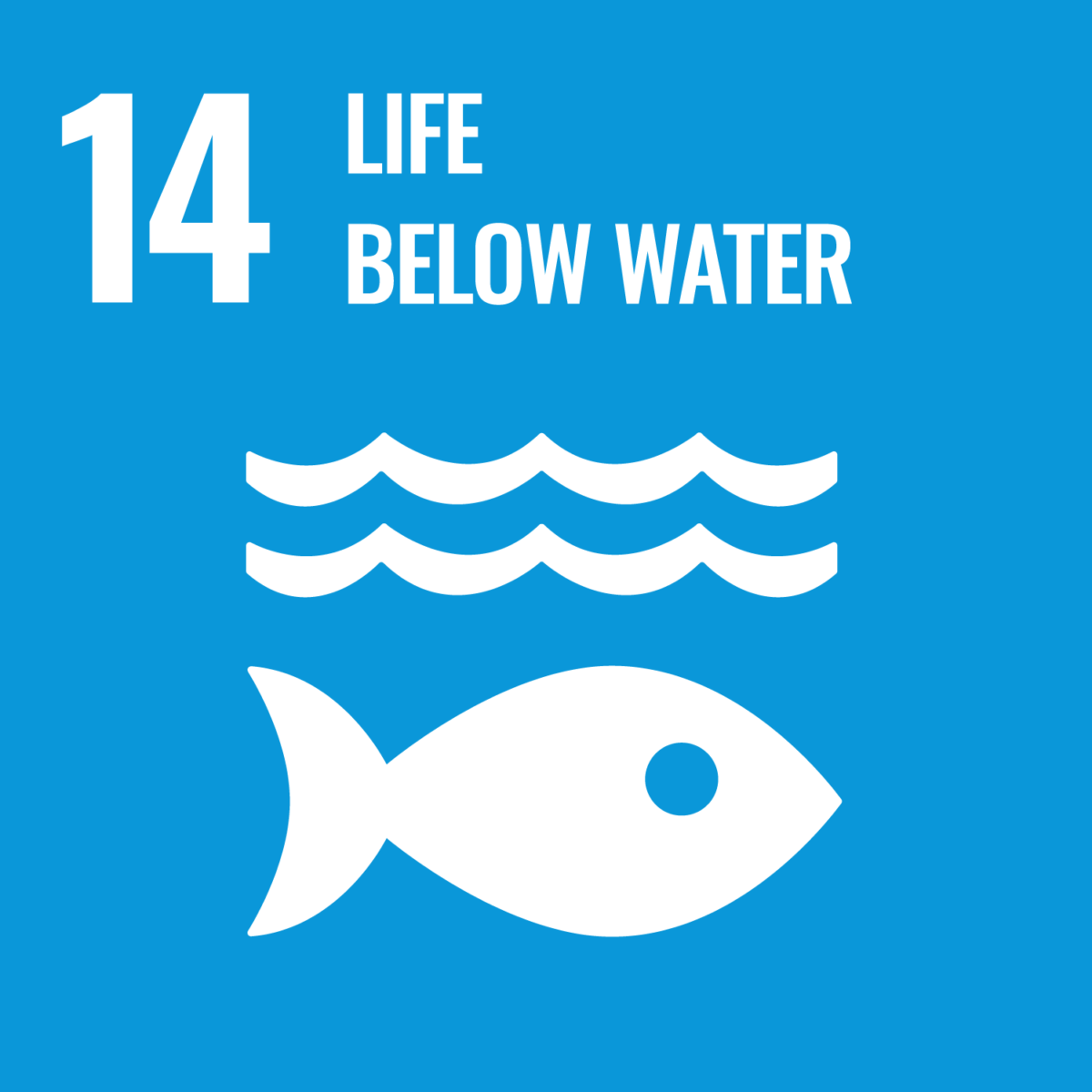
SDG 14: Life Below Water
Conserve and sustainability use the oceans, seas and marine resources for sustainable development. Read more here.
We aim to reduce the amount of waste collected from our clients and find ways to recycle and divert from landfill. We will also, wherever possible, divert plastic waste from our oceans, waterways and drinking water sources. Here are some examples of our targets:
- Ensure that future project specifications consider economic, social and environmental issues and set targets for KPIs such as energy, water and waste
- Take part in local beach cleans to help reduce the impact of plastics and other waste on our seas and marine life
- Continue to reuse plastics, such as refillable water bottles and antibacterial hand soap/sanitiser dispensers
- Eradicate the use of microplastics in the office e.g. by using eco-friendly biodegradable washing up cloths made from natural fibres
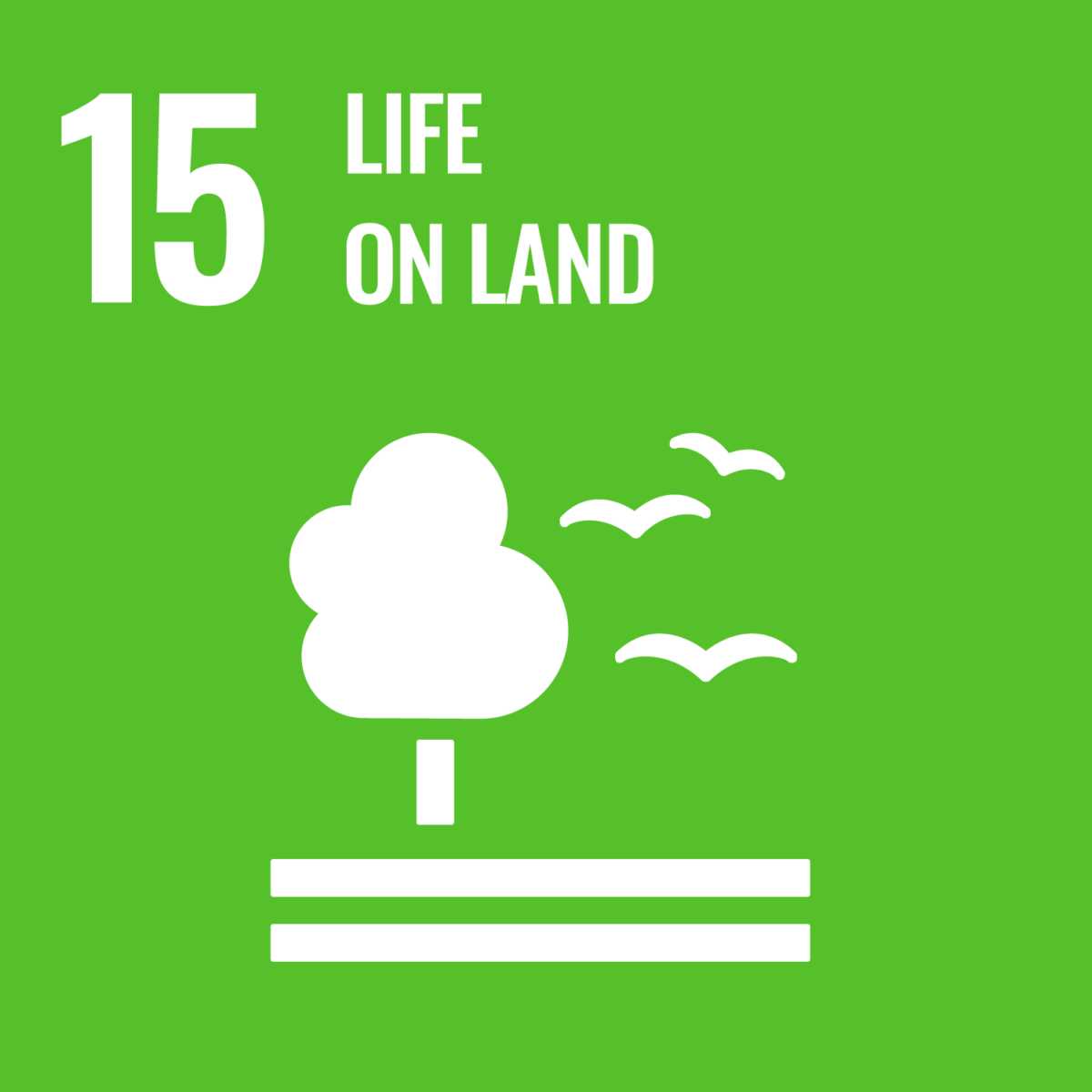
SDG 15: Life on Land
Protect, restore and promote sustainable use of terrestrial ecosystems, sustainably manage forests, combat desertification, and halt and reverse land degradation and halt biodiversity loss. Read more here.
As a mostly paperless office, we aim to keep the use of paper to a minimum and continue to make sure paper is reused and recycled whenever used. We will also monitor and improve the air quality within the office environment and contribute to the improvement of wider air quality issues.
- Introduce “Think before you print” policy
- Use Forest Stewardship Council® (FSC) paper that has been harvested in a responsible manner where possible
- Work with local suppliers to purchase plants that improve the air quality in and around the offices
- Sponsor the planting of trees and/or add more trees to the office surroundings, where possible
Go green with your waste management today
Are you looking for a sustainable local waste management company that offers everything from asbestos services for domestic and commercial properties to WEEE recycling strategies for your business? Contact the RJS Waste Management team today – we not only wear green shirts but care about our planet too!


